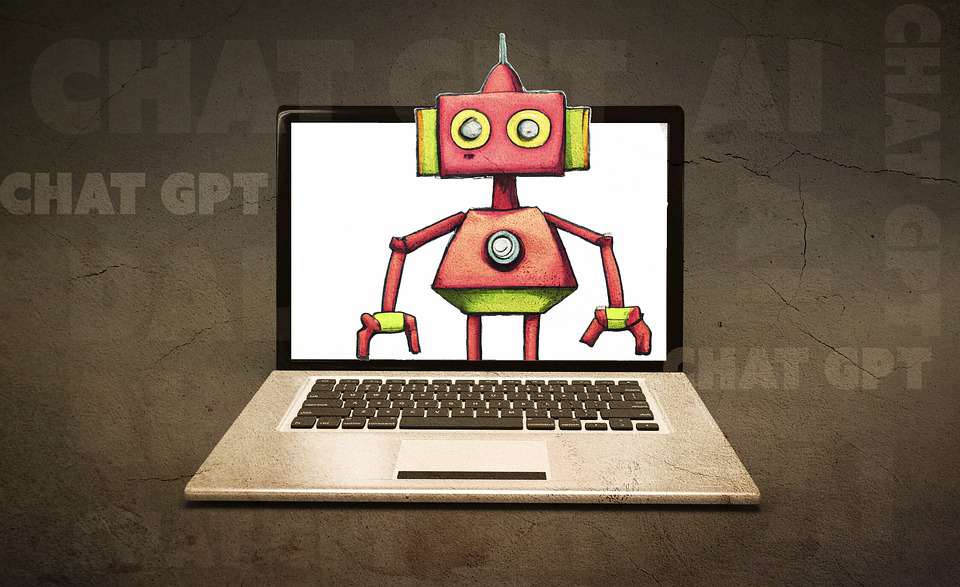
[ad_1]
Artificial Intelligence (AI) has been making waves in the marketing industry in recent years, revolutionizing the way businesses interact with their customers. From personalized recommendations to automated customer service, AI is changing the game for marketers around the world. In this article, we will explore the rise of AI in marketing and how it is transforming the industry.
Table of Contents
- Introduction
- What is AI?
- AI in Marketing
- Benefits of AI in Marketing
- Challenges of AI in Marketing
- The Future of AI in Marketing
- FAQs
Introduction
AI is a branch of computer science that aims to create intelligent machines that can think, learn, and solve problems like humans. In marketing, AI is being used to analyze customer data, predict consumer behavior, and automate tasks that were once done manually. This has led to more personalized marketing campaigns, increased efficiency, and improved customer experiences.
What is AI?
AI encompasses a wide range of technologies, including machine learning, natural language processing, and computer vision. These technologies enable machines to perform tasks that require human intelligence, such as speech recognition, image recognition, and decision-making. In marketing, AI is used to analyze data, generate insights, and automate repetitive tasks.
AI in Marketing
AI is revolutionizing the marketing industry in several ways. One of the most notable applications of AI in marketing is personalized recommendations. By analyzing customer data, AI can predict what products a customer is likely to purchase and recommend them accordingly. This not only increases sales but also improves the overall customer experience.
Another key application of AI in marketing is automated customer service. Chatbots powered by AI can answer customer queries, provide product recommendations, and even process orders. This not only saves time and money for businesses but also provides a seamless experience for customers.
Benefits of AI in Marketing
There are several benefits of using AI in marketing. One of the main advantages is the ability to analyze large amounts of data quickly and accurately. This allows marketers to gain insights into customer behavior, preferences, and trends, which can inform their marketing strategies.
AI also enables marketers to personalize their campaigns to individual customers, leading to higher conversion rates and increased customer loyalty. By delivering the right message to the right person at the right time, businesses can create more engaging and effective marketing campaigns.
Challenges of AI in Marketing
While AI offers many benefits to marketers, there are also challenges to consider. One of the main challenges is the need for high-quality data. AI algorithms rely on data to make accurate predictions and recommendations, so businesses must ensure that their data is clean, relevant, and up-to-date.
Another challenge is the potential for bias in AI algorithms. If the data used to train an AI model is biased, the model may produce biased results. This can lead to unfair or discriminatory outcomes, which can damage a company’s reputation and alienate customers.
The Future of AI in Marketing
The future of AI in marketing looks bright, with new technologies and applications emerging all the time. One area that is likely to see significant growth is the use of AI in content marketing. AI can help marketers create personalized content at scale, leading to more engaging and relevant experiences for customers.
Another trend to watch is the rise of AI-powered analytics. By using AI to analyze data, marketers can gain deeper insights into customer behavior, identify trends and patterns, and optimize their marketing strategies in real-time. This can lead to better performance and higher ROI for marketing campaigns.
FAQs
What is the role of AI in marketing?
AI plays a crucial role in marketing by analyzing data, predicting consumer behavior, and automating tasks. This allows marketers to create more personalized campaigns, improve efficiency, and enhance customer experiences.
How can AI benefit marketers?
AI can benefit marketers in several ways, including analyzing data quickly and accurately, personalizing campaigns to individual customers, and automating repetitive tasks. These benefits can lead to higher conversion rates, increased customer loyalty, and improved ROI for marketing campaigns.
What are the challenges of using AI in marketing?
Some of the challenges of using AI in marketing include the need for high-quality data, the potential for bias in AI algorithms, and the complexity of implementing AI technologies. Overcoming these challenges requires careful planning, robust data management practices, and ongoing monitoring of AI systems.
[ad_2]




















